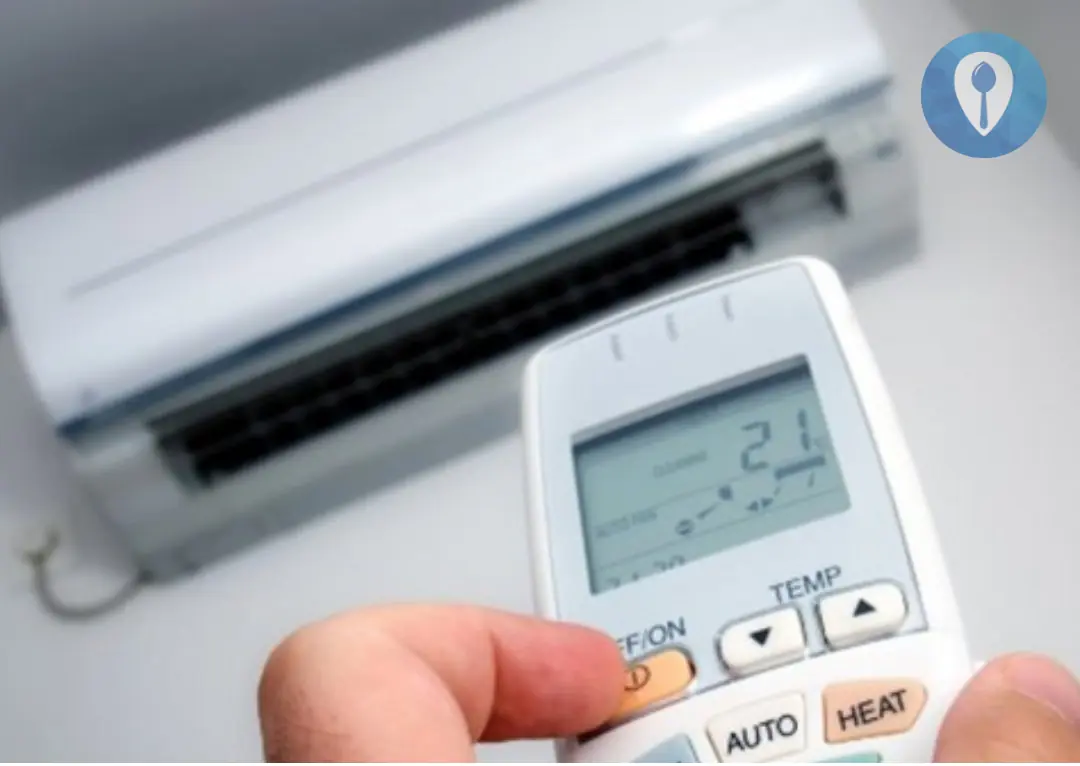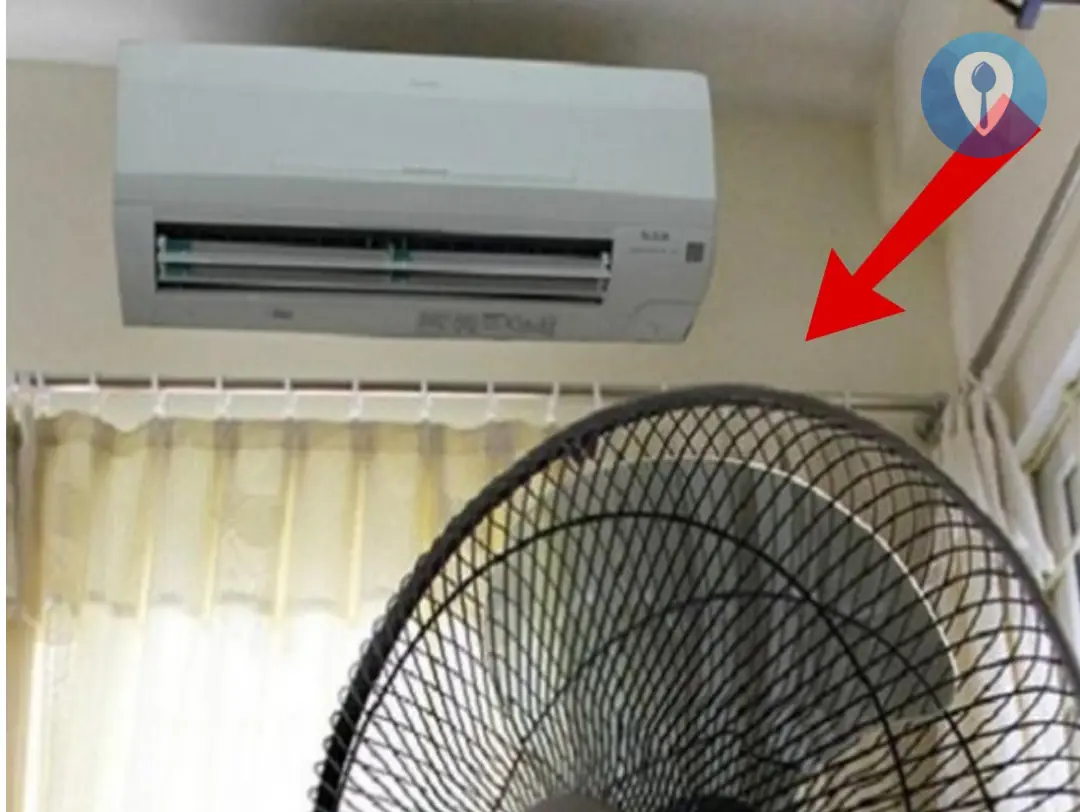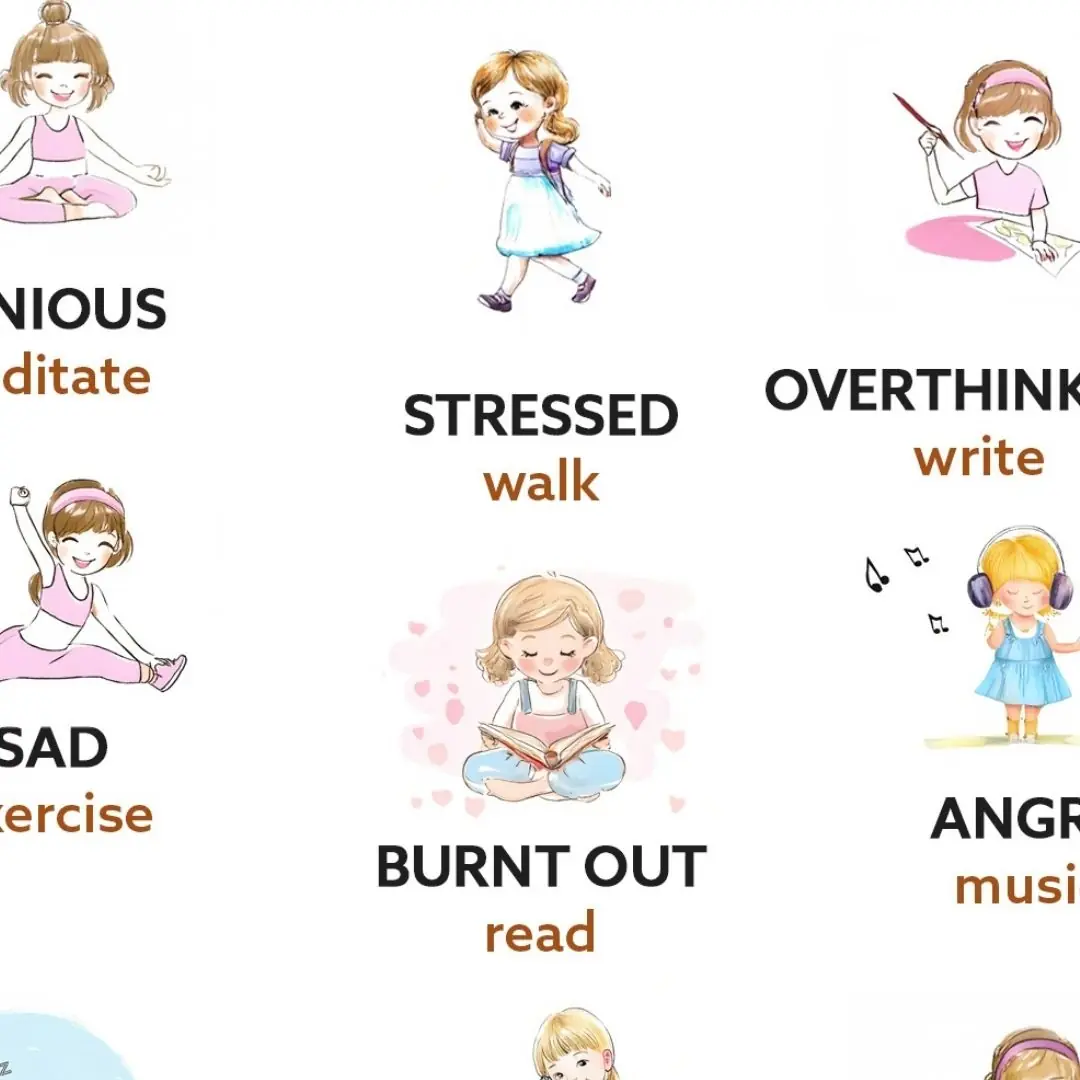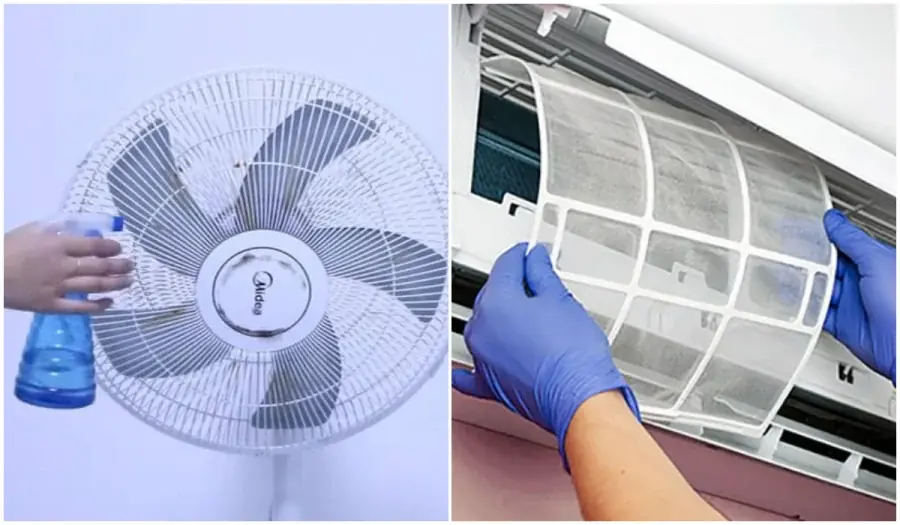
Why shouldn't you turn on the air conditioner for a while and then turn it off
Why You Shouldn't Turn On and Off Your Air Conditioner Frequently: The Hidden Costs and Risks
Air conditioners are a modern comfort that many of us rely on, especially during hot weather. They provide relief from the sweltering heat, but they also consume a significant amount of energy. One common mistake many people make is turning the air conditioner on for a while and then turning it off, only to repeat the cycle again later. While this might seem like an easy way to save on energy bills, it can actually be counterproductive. In fact, turning your air conditioner on and off repeatedly can lead to increased electricity consumption and damage to the unit itself. Let's explore why this practice should be avoided and the hidden costs that come with it.
The Science Behind Air Conditioner Efficiency
To understand why frequently turning an air conditioner on and off is inefficient, it is important to understand how air conditioners work. Air conditioners operate by cycling on and off in response to the temperature in the room. When you first turn on the air conditioner, it uses a significant amount of energy to bring the room temperature down to the desired level. This process involves the compressor running at full capacity, consuming more energy initially.
Once the room reaches the desired temperature, the air conditioner will typically cycle off or switch to a lower energy consumption mode. This is when the cooling effect is maintained, but the energy usage is reduced. The longer the air conditioner stays on without interruption, the less frequently the compressor needs to kick in at full power, saving energy in the long run.
The Mistake of Turning the Air Conditioner On and Off
When you turn your air conditioner on and off frequently, it interrupts this natural cycling process. Each time you turn the air conditioner back on, the compressor has to work harder to bring the room back to the desired temperature, which requires more energy. Additionally, when the air conditioner is off, the room begins to warm up again, and the cycle repeats. This constant adjustment causes the unit to consume more electricity than if it had simply been left running at a stable temperature.
In essence, turning your air conditioner on and off frequently causes the system to work harder than necessary, which results in higher electricity consumption and an increased electricity bill.
The Impact on Your Electricity Bill
Many people assume that turning the air conditioner off during the day or night will help save on electricity costs, but this is often a misconception. While it might seem like a good idea to turn off the AC when you’re not home, or while you’re asleep, the energy used to cool the room down after turning it back on can actually be more than the energy saved by keeping it running at a lower setting.
In fact, studies have shown that energy consumption can double or even triple when air conditioners are turned on and off repeatedly. This is because the compressor uses more energy to restart than it does when it is running continuously at a lower power. Furthermore, air conditioners that are frequently turned off and on can experience more wear and tear on the internal components, which can lead to higher maintenance costs over time.
The Risks of Overworking Your Air Conditioner
Repeatedly turning your air conditioner on and off not only wastes electricity, but it can also shorten the lifespan of the unit. The compressor, which is the heart of the system, is designed to operate continuously without unnecessary interruptions. Frequent on/off cycles put additional strain on the compressor and other components, leading to premature wear. Over time, this can lead to costly repairs or the need to replace the entire unit.
Moreover, constantly starting and stopping the system can cause the air conditioner to become less efficient overall. As the components degrade, they may not function as well as they once did, meaning the air conditioner will need to work harder to achieve the same cooling effect. This can further increase energy consumption and the associated costs.
The Best Way to Save on Energy Costs
Instead of turning your air conditioner on and off, the more effective approach is to maintain a consistent temperature. If you want to save on electricity bills, consider setting your thermostat to a higher, yet comfortable, temperature when you're not in the room. For instance, you could set the temperature to 78°F (25-26°C) when you're home, and increase it to around 85°F (29°C) when you're away. This way, the air conditioner will not be running constantly but will still maintain a stable environment.
Another option is to use a programmable thermostat, which can be set to automatically adjust the temperature based on your schedule. This will ensure that your air conditioner only uses energy when it’s needed, without wasting power during times when you’re not in the room.
Additional Tips to Reduce Energy Consumption
-
Seal your home properly: Make sure that doors and windows are sealed tightly to prevent cool air from escaping and warm air from entering. This reduces the workload on your air conditioner.
-
Maintain your air conditioner: Regular maintenance, such as cleaning the filters and having the system checked by a professional, can help your air conditioner run more efficiently.
-
Use fans: Ceiling fans or portable fans can help circulate cool air, allowing you to set the air conditioner at a higher temperature while still staying comfortable.
-
Block out the sun: Use curtains or blinds to block out direct sunlight, which can raise the temperature inside your home. Solar screens or tinted windows can also be effective.
-
Upgrade to an energy-efficient model: If your air conditioner is old, it may be worth investing in a newer, more energy-efficient model. Modern air conditioners use less energy while providing the same, or better, cooling performance.
Conclusion
Turning your air conditioner on and off frequently may seem like a way to save money, but in reality, it can lead to higher electricity bills and damage to your unit. The best way to save energy is by maintaining a stable temperature and using other methods, such as fans and proper insulation, to help reduce the load on your air conditioner. By understanding how your air conditioner works and adopting smarter habits, you can stay cool while keeping your energy costs under control.
News in the same category


Closing the door and turning on the air conditioner at 29 degrees is wrong

Placing Ginger Beside Your Pillow Is as Powerful as Eating a Thousand-Year-Old Ginseng—Can’t Believe I’ve Wasted Half My Life Not Knowing This

Every Fridge Has a “Secret Number Code” – Adjust It Right and You Could Cut Your Electricity Bill in Half!

8 surprising benefits of silica gel packets

Tips for using air conditioners comfortably without worrying about electricity costs

Keeping Doors Shut While Using the AC Is a Costly Mistake That Can Harm Your Health

With This Cream, My Grandmother Looks 35 at 55: The Best Collagen Mask from Parsley

Healthy way to deal with your emotions

10 Best Ways to Reduce Bloating You Should Have Known Sooner

The 'extremely harmful' times when women should not wash their hair

Mistakes when using eye drops can cause more illness, even blindness

Rice Getting Attacked by Weevils at Home? Don’t Panic — Try These 4 Simple Tricks to Keep Pests Out

Here are 3 simple ways to keep mice out of your home

3 Ways to Clean Your Fan Without Removing the Cover or Using Water

O rejunte dos azulejos do banheiro está sujo: aqui estão 5 dicas eficazes de limpeza: basta esfregar delicadamente e ele ficará brilhando como novo.

Você usa seu telefone há muito tempo, mas provavelmente não conhece os 6 usos desse interruptor

Beauty care to try with natural ingredients

Clapping Your Hands Raw But Still Can’t Pick a Good Watermelon? Learn These 8 Foolproof Tips and Never Get It Wrong Again!
News Post

"All" good tips to chase flies, mosquitoes, ants, cockroaches out of the house using cheap ingredients such as

Closing the door and turning on the air conditioner at 29 degrees is wrong

Placing Ginger Beside Your Pillow Is as Powerful as Eating a Thousand-Year-Old Ginseng—Can’t Believe I’ve Wasted Half My Life Not Knowing This

Caught on Camera: My Daughter-in-Law Secretly Gave Money to Her Mother—My One Sentence Left Them Both Shocked

Every Fridge Has a “Secret Number Code” – Adjust It Right and You Could Cut Your Electricity Bill in Half!

What Are the Tiny Bumps on the Rice Paddle in a Rice Cooker For?

8 surprising benefits of silica gel packets

Benefits of placing ginger next to the pillow before sleeping

What COVID-19 variants are going around in April 2025?

Traveling and saw a strange animal, hint: not a pig

Tips for using air conditioners comfortably without worrying about electricity costs

Right at the market, there is a very common type of fish for sale, but it is extremely good for the brain and heart

15 Foods Good for Kidney Health

Keeping Doors Shut While Using the AC Is a Costly Mistake That Can Harm Your Health

Chicken Is Packed with Health Benefits — But Have You Ever Wondered Which Part Is the Healthiest?

Too Lazy? These 4 Types of Vegetables Must Be Blanched — Or Your Kid.neys and Li.ver May Suffer

Pope Francis has d.i.e.d on Easter Monday aged 88

5 times you should never take a bath to avoid a str.oke
